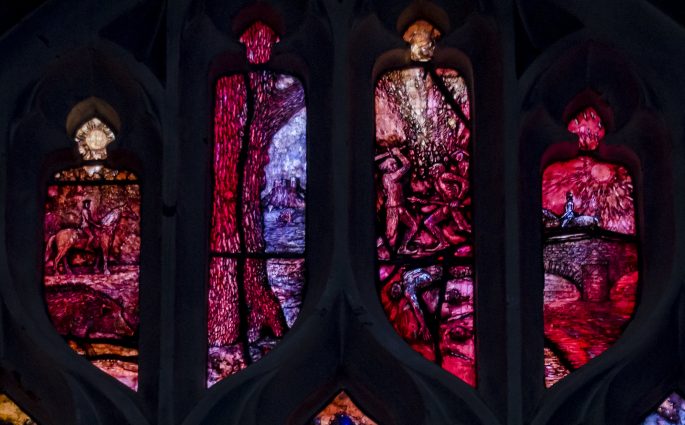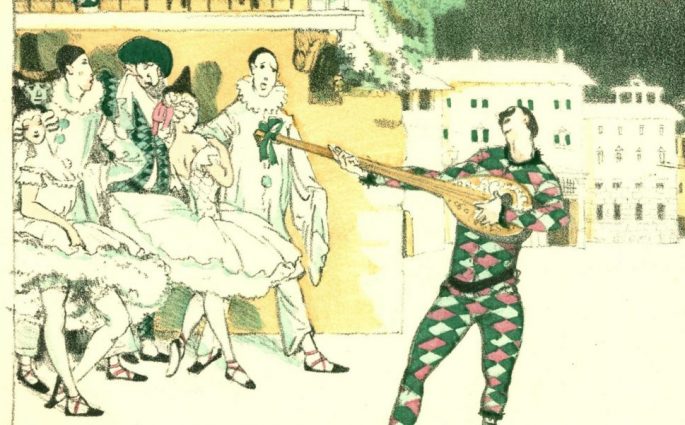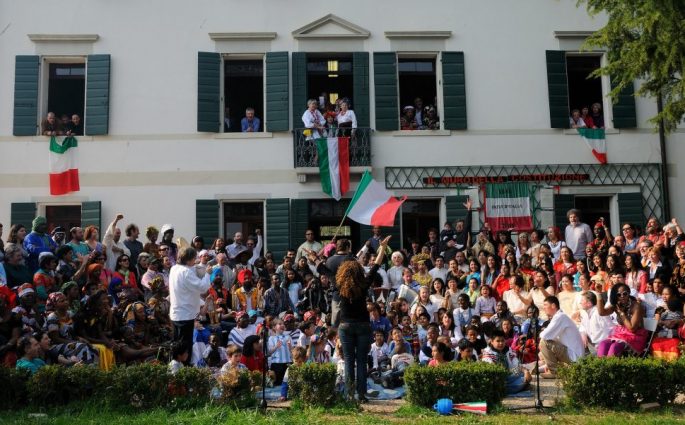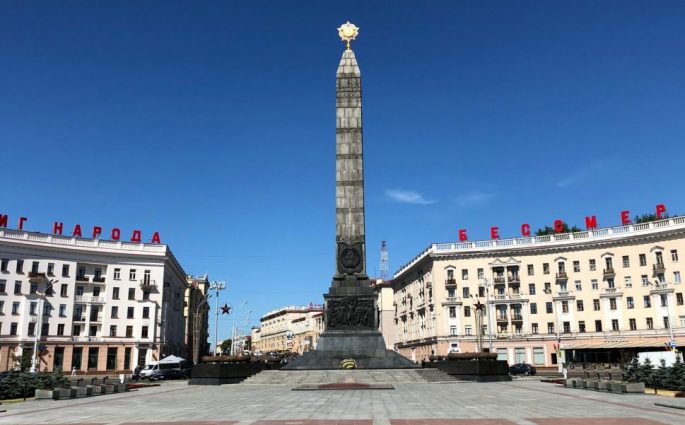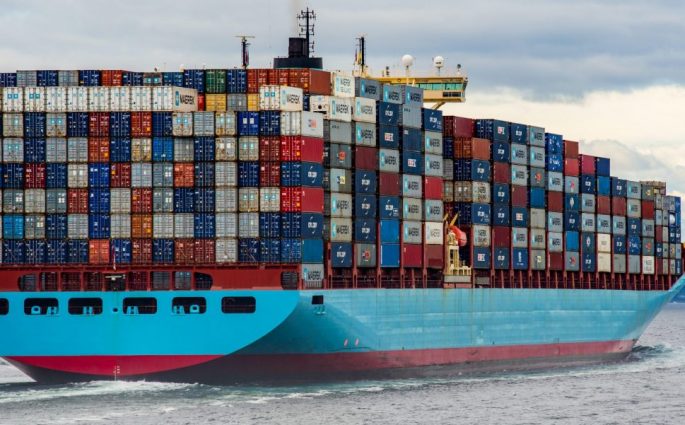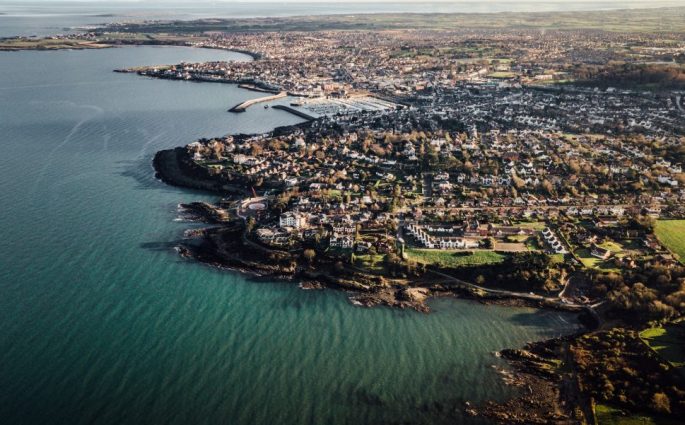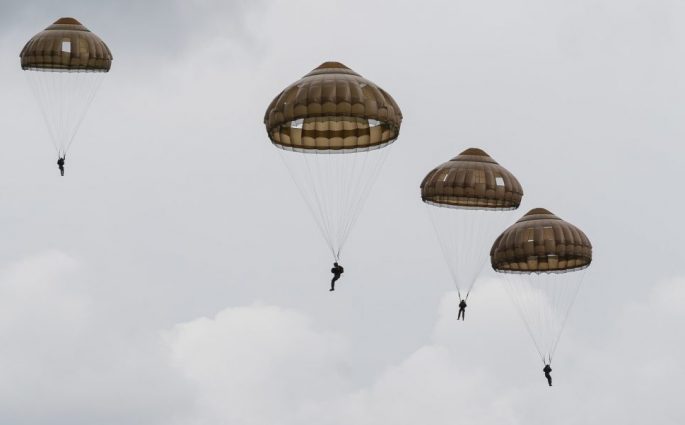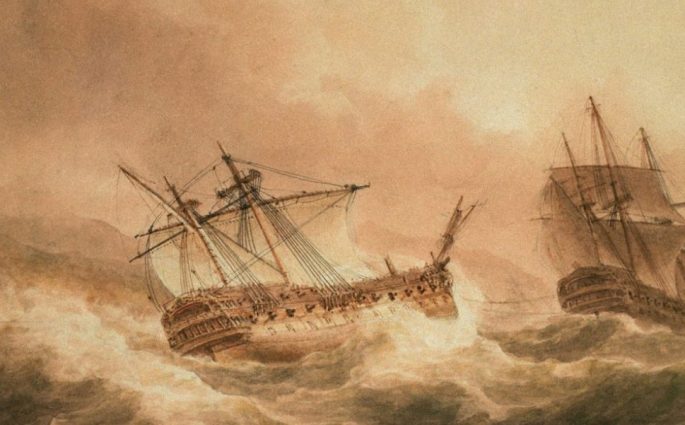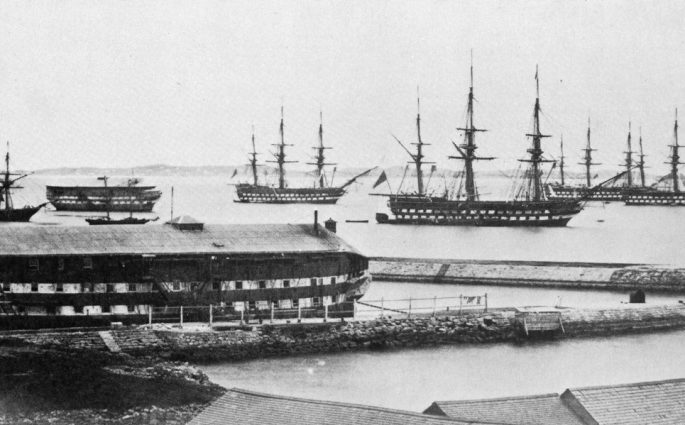Richard III
Michael Hicks— It is half a millennium since Richard III (1483–5) was king. He is traditionally regarded as the last of England’s medieval monarchs – 14th and last of the great house of Plantagenet (1154–1485) and third of the Yorkist kings (1461–85). He terminated both dynasties. He has been bracketed

